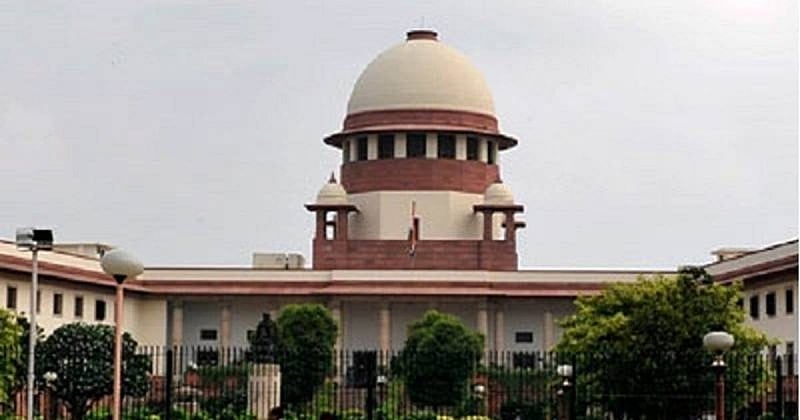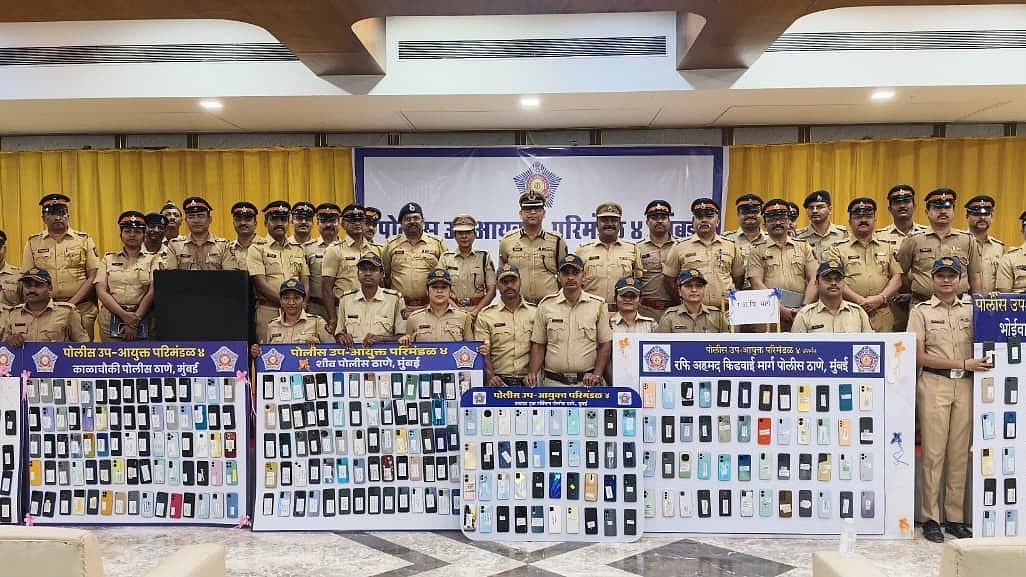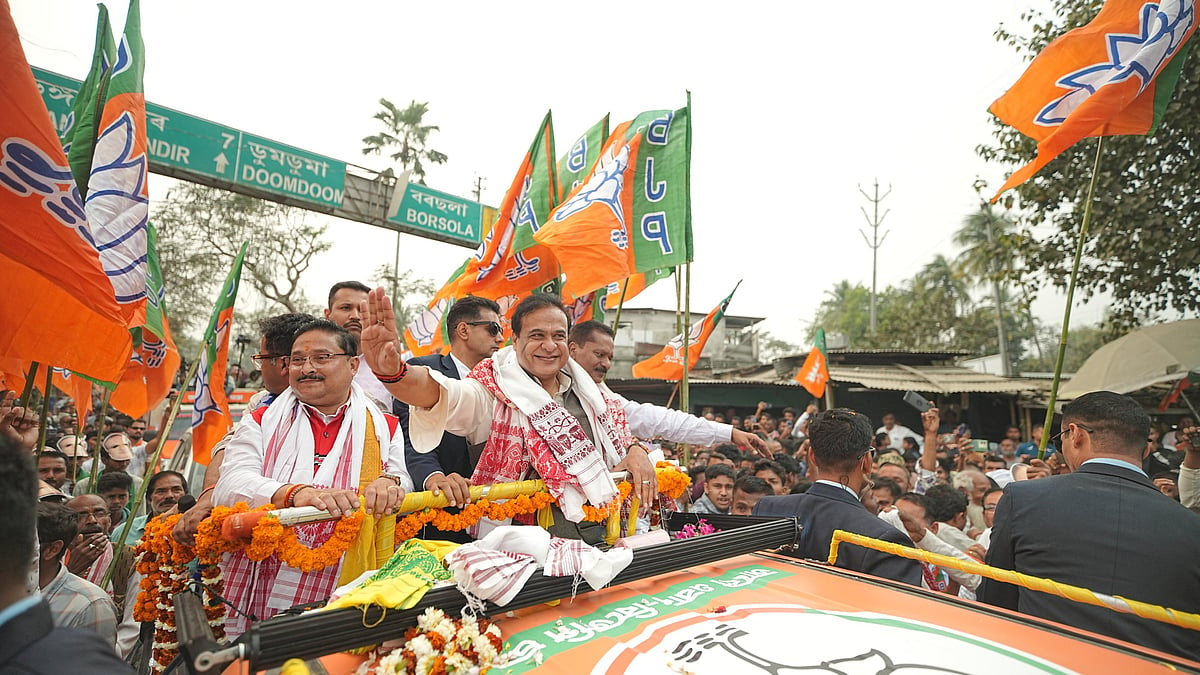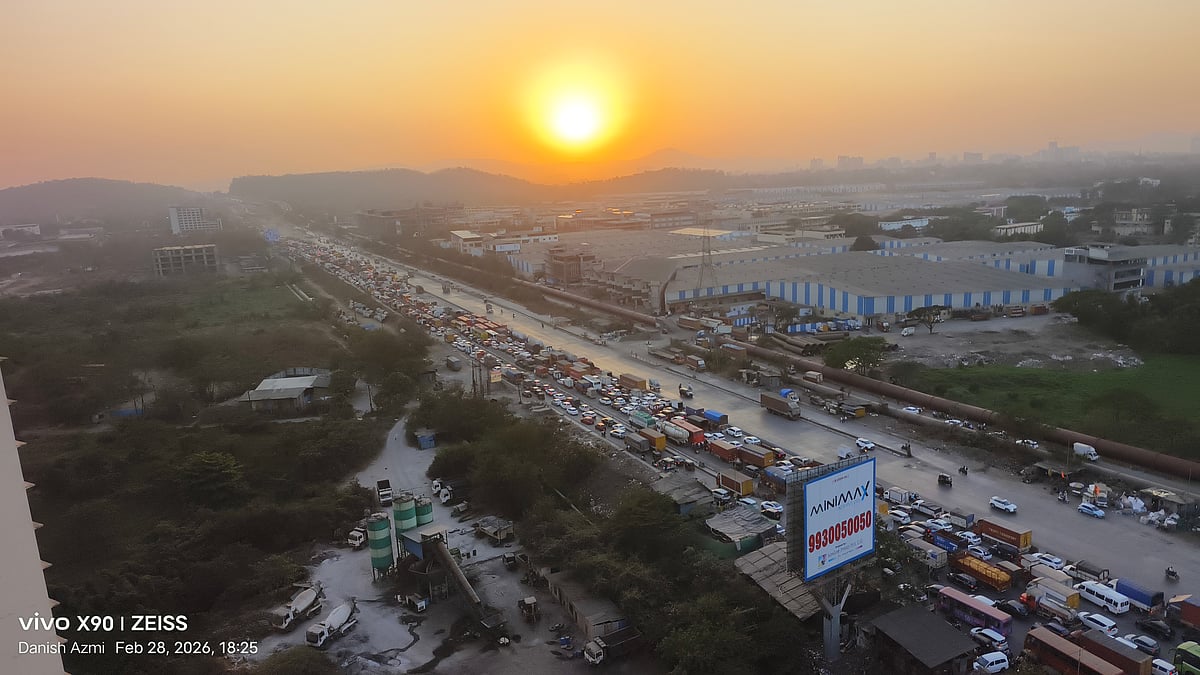The Supreme Court rejected the claim that Mughal Emperor Babur’s General Mir Baqi had constructed the Babri Masjid in 1528, after demolishing a Ram temple.
Though the Court relied on the report of the Archaeological Survey of India, it also ruled–“the excavation report has left unanswered a critical part of the remit which was made to it, namely a determination of whether a Hindu temple had been demolished to pave way for the construction of the mosque.” Nor did the report establish the disputed site was indeed the birth place of Lord Ram.
The Court verdict was based on faith and belief of the majority community, rather than the facts and the law. The Court preferred peace over justice and pragmatism over fairness and equity. Justice is not done. The apex court missed the opportunity to stamp its authority as the protector of the rule of law.
It concluded that the communal riot that damaged the domes of the Babri Masjid in 1934, the desecration of the mosque on December 22, 1949, when a group of 60 persons installed idols of Ram and Sita on the pulpit of the mosque below the central dome, and the destruction of the mosque and the obliteration of the Islamic structure on December 6, 1992 were “an egregious violation of the rule of law.”
There is no punishment of the people responsible for the demolition of the mosque, even after 27 years. Nevertheless, the Bench, in its wisdom, thought it appropriate to give the disputed site to the ruling party which continues to have “individuals and leaders responsible for the demolition of the Babri Masjid in its ranks.”
Tushar Gandhi remarked, “If Mahatma Gandhi’s assassination case was retried by the Supreme Court today, the verdict would have been that Nathuram Godse is a murderer, but he is also a Desh Bhakt.” The “Supreme Court is Supreme, but not infallible,” says the President of AIMIM, Asaduddin Owaisi.
It is nice to hear Narendra Modi now saying, “The halls of justice have amicably concluded a matter going on the decades…The decision should not be viewed as someone’s victory or defeat. Ram bhakti or Rahim bhakti, this is the time for us to strengthen the spirit of rashtra bhakti,” after achieving the objective.
If only he could say this on September 30, 1990, ,and not organized the Rath Yatra that L K Advani embarked upon from Somnath, all that mayhem followed since then could have been averted. The communal harmony and the secular fabric of India could have been protected.
The Bombay riots of December 1992 - January 1993, following the demolition of Babri Masjid, had left more than 900 dead and many injured, and the 12 bomb blasts on March 12, 1993 the first of their kind in urban India-masterminded by mafia groups affiliated to Dawood Ibrahim left another 257 dead and 713 injured.
The character of the most communal city had changed forever, deeply hurting its soul, forcing the members of the minority community to flee the city and live in ghettos on the outskirts. No action was taken against the people who engineered the riots, as recommended by the Srikrishna Commission.
The apex court verdict will only embolden the right wing extremists. It will not end the Mandir-Masjid politics for the following reasons: First, prior to the verdict, Vinay Katiyar—a key accused in the Babri Masjid case—has announced: “We are waiting for the Supreme Court verdict on Ayodhya.
After that, we will build Ram temple and then move towards liberating Kashi and Mathura temples.” This is in spite of the fact that the Places of Worship Act, 1991 forbids conversion of any religious place as existed on August 15, 1947. The Hindutva hawks will not allow the nation to rest in peace.
Second, the BJP had catapulted into power after the demolition of Babri Masjid, rose like a phoenix, increasing its seats from 2 in 1984 to 303 in 2019 in Lok Sabha.
Why should it give up Mandir-Masjid- Hindutva politics when that is what is paying rich political dividends? Narendra Modi and Amit Shah will not hesitate using the Ayodhya verdict in election campaigns.
The ruling party and the Sangh Parivar will continue to polarise the people on the issues like National Registration Certificate, Citizenship Amendment Bill and Uniform Civil Code. Reacting to the Ayodhya verdict, Rajnath Singh said, “It is the time for UCC.”
The closure of the Ram Janmabhoomi dispute will boost Modi’s image as someone steering the nation towards establishing the Hindu Rashtra. His government’s unilateral decision to abrogate the special status of J&K has received countrywide support.
Its post mortem by the Supreme Court may not secure justice to the state. Like the demolition of the Babri Masjid, the Modi government’s action in J&K may turn out to be a fait accompli.
The road to Hindu Rashtra is being cleared of all roadblocks, with the Judiciary and the Press acquiescing in to authoritarian nationalism. The Hindutva agenda is helping the government to divert people’s attention from the real issues-economic slowdown, massive unemployment, loss of jobs, effects of demonetisation and GST, agrarian crisis-and its failures and misgovernance.
Third, the verdict is likely to replace the rule of law with the rule of the believer, undoing much of the constitutional edifice that has been painstakingly built since independence. The message is that anyone can destroy a place of worship and then get it legitimised.
All said and done, the apex court verdict reinforces majoritarianism and the view that legal disputes could create situations of fait accompli through political intrigue and manoeuvering, opening a Pandora’s Box of people making claims based on community identity, faith and belief.
Lastly, as Prof Suhas Palshikar rightly observes, “The SC’s ruling has given a shot in the arm for the politics of Hindutva. Notwithstanding what the Court may or may not have said, in public imagination, the Hindus have scored over Muslims-the belief that a deity was born at a certain place has been upheld.
This will bring a new respect for the idea of Hindutva, it will also bring new power to that idea.” And that is the real danger.
The writer is a professor of Political Science, retired principal and an independent author.




